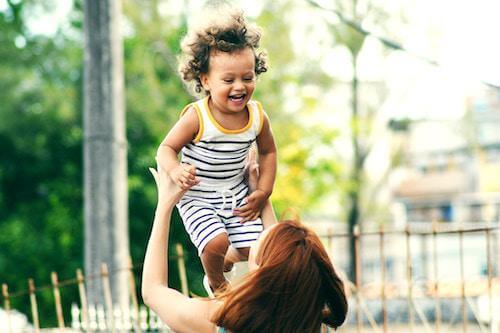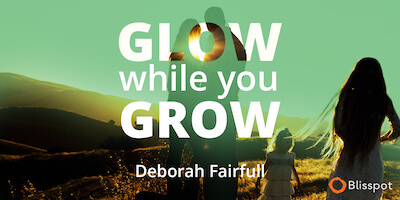Estimated reading time: 3 minutes
Are the “terrible twos” really so terrible? As with every stage of our child’s development, it is often our perception that determines our experience of “the stage.” It is our beliefs that determine our reality. Often we take on societal or cultural beliefs without questioning: “Are these the best possible beliefs that we could take on to support us in living our best life?”
It is a widely-held belief that when a child hits two years old or becomes a teenager, that these years are going to be difficult and fraught with emotional turmoil. It is possible to believe that whatever age or stage your child is at, it is all a wonderful journey of discovery. When a child is two years old it is normal for them to test the boundaries. This does not make them terrible—how we react or respond to them is what makes the difference. As an adult, our role is to assist and support them in making sense of the world.
No child will grow a healthy sense of place and acceptance in the world without a loving adult to help them to interpret life.
~ Ian and Mary Grant
At around two years of age children start exploring and finding out in the world what is and isn’t acceptable. They learn this through what they are exposed to and often what is reflected back to them by adults. During this phase, a child’s language skills are developing rapidly, and it is important to teach them how to use their words to get what they want, rather than sulking or having a tantrum. If this stage of development isn’t completed effectively, adults can still fall back on sulking or have tantrums to get what they want! For children and adults who have not completed this stage of development, having a tantrum or sulking will be a coping mechanism to get what they want, no matter what their age.

Expanding our awareness is about learning new and better ways in emotional mastery. If life is difficult, challenging or a struggle, this is a sign that we still have things to learn. This period of a child’s life is all about boundaries. For example to learn, kindly and gently, that it’s not acceptable to destroy others’ property or to hit other children on the head with their toys. It is essential that healthy boundaries of respect and kindness towards others are set at this age. These skills will allow them to relate to and connect with others as they journey through life.
Walls may block you in, but boundaries will set you free.
~ Guy Morgan
One of the biggest teachers for our children is the behaviour we model. What we do is more important than what we say; if we have lovely manners, it is likely that our children will say please and thank you just by osmosis. I only remember telling our children to say please and thank you occasionally, as it was a part of our family culture, they would say these things automatically. Our children want and need us to guide them as they grow and discover the world. It is essential to respect a child’s sense of self and their internal guidance system. It is also essential for their well-being and happiness, that we are confident in stepping up and being there for them as wise and compassionate leaders.
To discover more about parenting and children, click here.








